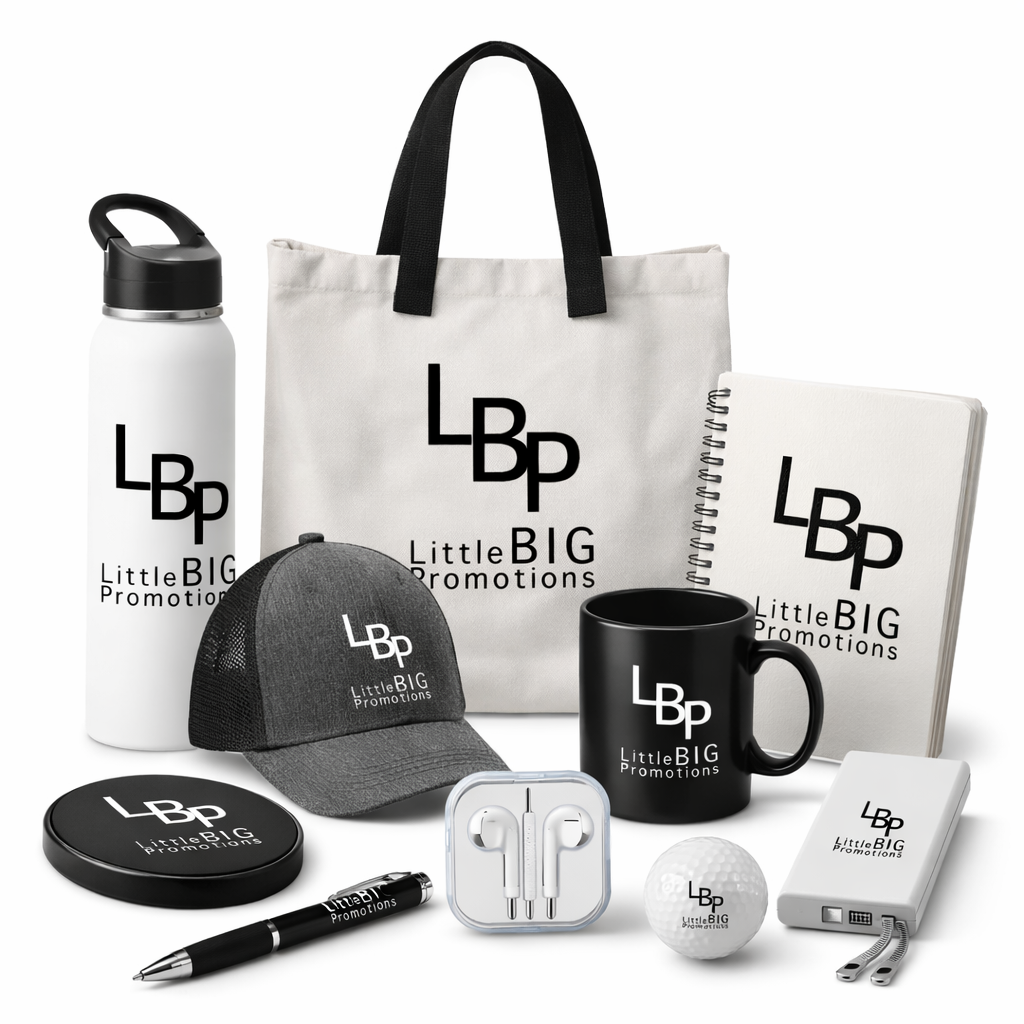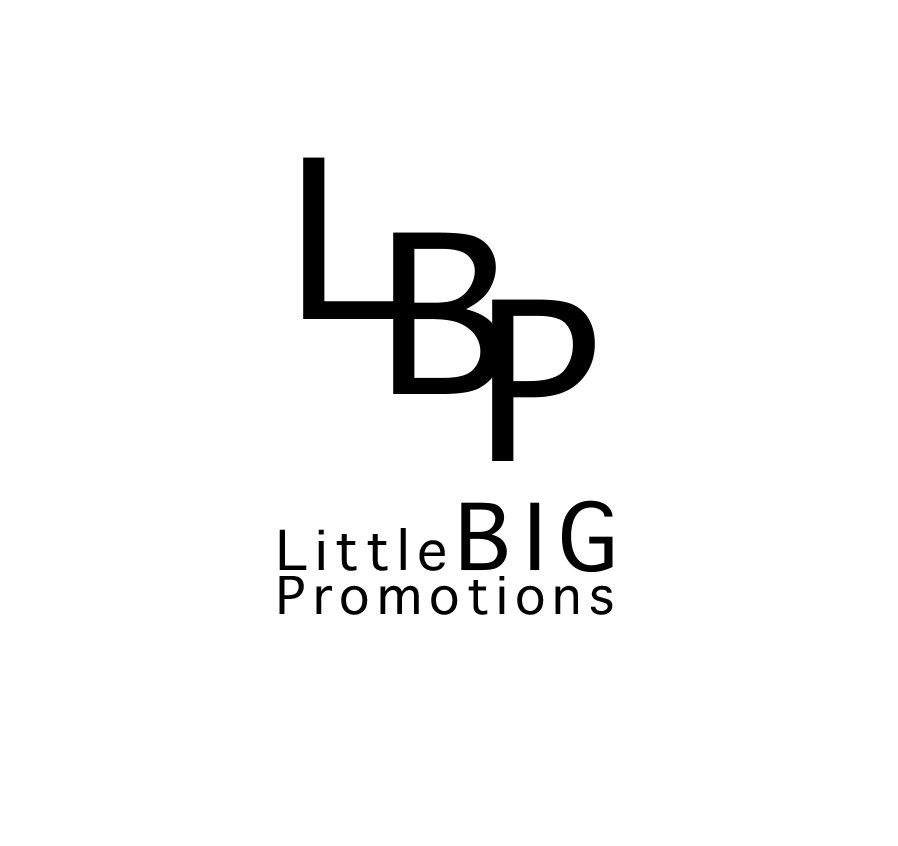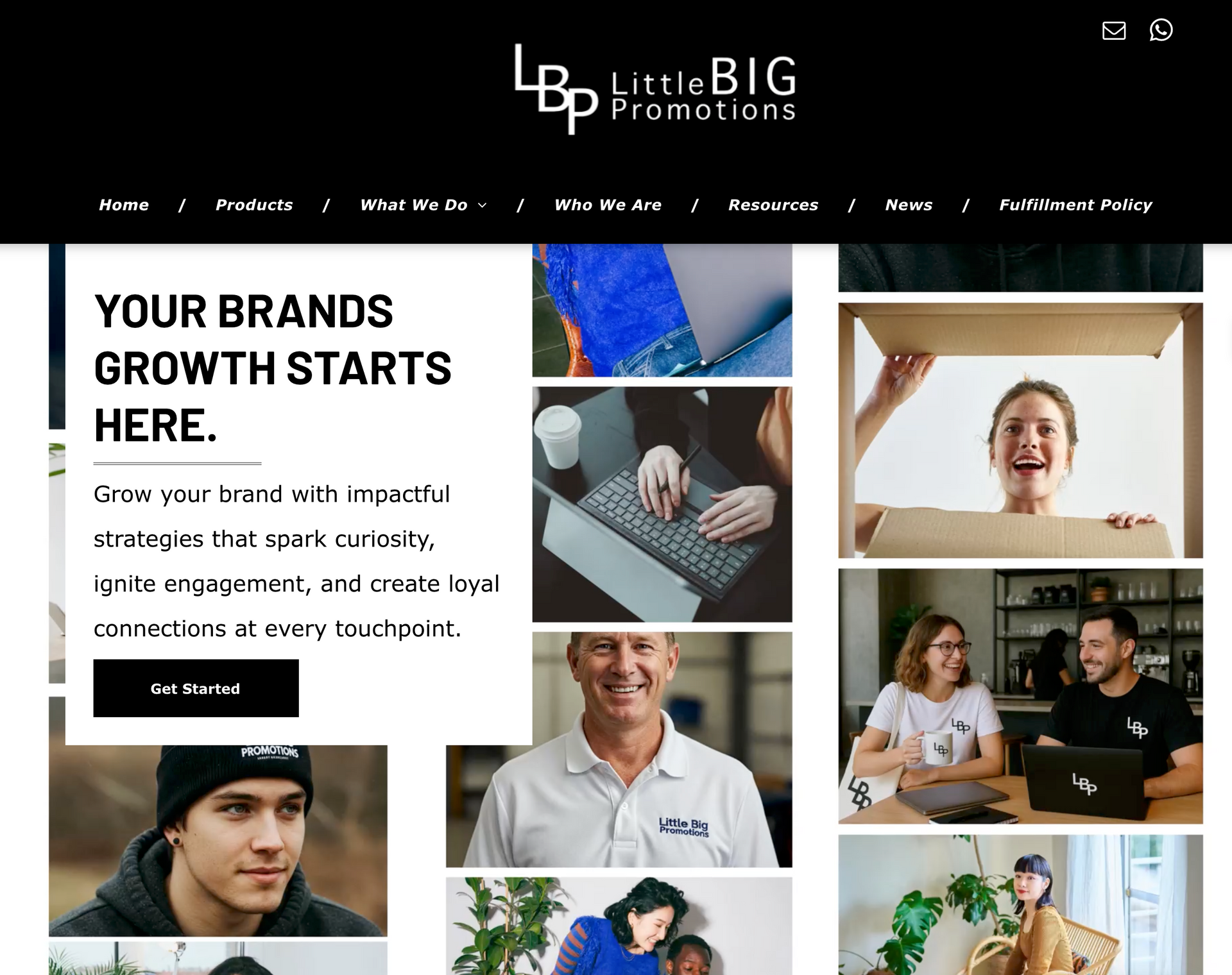In the ever-evolving landscape of digital marketing, businesses face a multitude of choices when it comes to reaching their target audience.

Among the most prominent channels are email marketing and social media marketing. Both have their merits, but understanding which one is the right fit for your business can significantly impact your marketing strategy's effectiveness.
Email Marketing: The Power of Direct Communication
Strengths:
1. Targeted Audience
Email marketing allows you to send personalized content directly to individuals who have expressed interest in your business or products. This high level of targeting can result in better engagement and conversion rates.
2. Control and Ownership
You have full control over your email list and can build a valuable asset for your business. Unlike social media, where algorithms and policies can limit your reach, email subscribers are a direct connection.
3. Conversion-Focused
Email marketing is highly effective for driving conversions. You can send tailored offers, product recommendations, and exclusive promotions to encourage purchases.
4. Metrics and Analytics
Email platforms provide detailed analytics, enabling you to track open rates, click-through rates, and conversions. This data helps refine your campaigns for better results.
Weaknesses:
1. Oversaturation
Inboxes are crowded with emails, and competition for attention is fierce. Your emails may get lost among the numerous others, leading to lower open rates.
2. Spam Filters
Spam filters can sometimes misclassify legitimate emails as spam, resulting in your messages not reaching the intended recipients.
Social Media Marketing: Building a Community
Strengths:
1. Wide Reach
Social media platforms have billions of users, making it an excellent channel for reaching a broad audience. You can connect with potential customers across the globe.
2. Engagement and Interaction
Social media fosters real-time interaction with your audience. You can respond to comments, answer questions, and build a loyal community around your brand.
3. Visual Appeal
Social media thrives on visuals, making it ideal for showcasing products and brand aesthetics through images and videos.
4. Viral Potential
Compelling content can go viral on social media, significantly expanding your reach without additional costs.
Weaknesses:
1. Algorithm Changes
Social media platforms frequently update their algorithms, affecting the visibility of your posts. Organic reach can decline, forcing you to invest in paid advertising.
2. Platform Dependency
You don't own or control the social media platforms, which means you're subject to their policies and changes. Your account could be suspended or content removed without warning.
3. Short Attention Spans
Users have short attention spans on social media. Capturing their interest amidst a constant stream of content can be challenging.
Choosing the Right Channel
The choice between email and social media marketing depends on your specific business goals and audience.
Use Email Marketing When:
- You want direct communication with a highly targeted audience.
- Conversions and sales are a primary focus.
- You value ownership and control of your marketing list.
Use Social Media Marketing When:
- You want to reach a broad audience and build brand awareness.
- Community engagement and interaction are essential.
- Your content is highly visual and shareable.
In many cases, the most effective strategy is a combination of both email and social media marketing, tailored to your unique business needs. This "multichannel" approach can maximize your reach and engagement, ensuring you connect with your audience where they are most active.
The decision between email and social media marketing should be a thoughtful one, based on your business objectives, target audience, and content strategy. Understanding the strengths and weaknesses of each channel will help you make informed choices and create a well-rounded digital marketing strategy that drives results.











